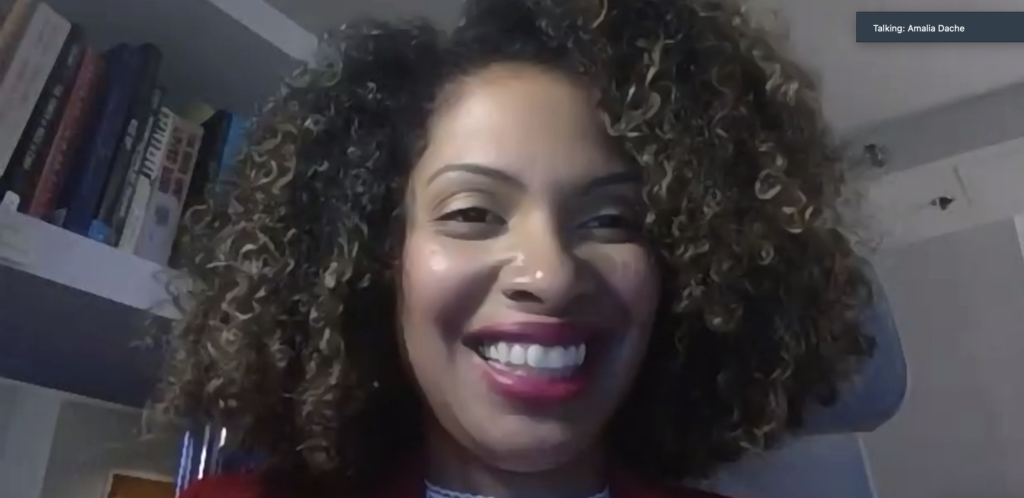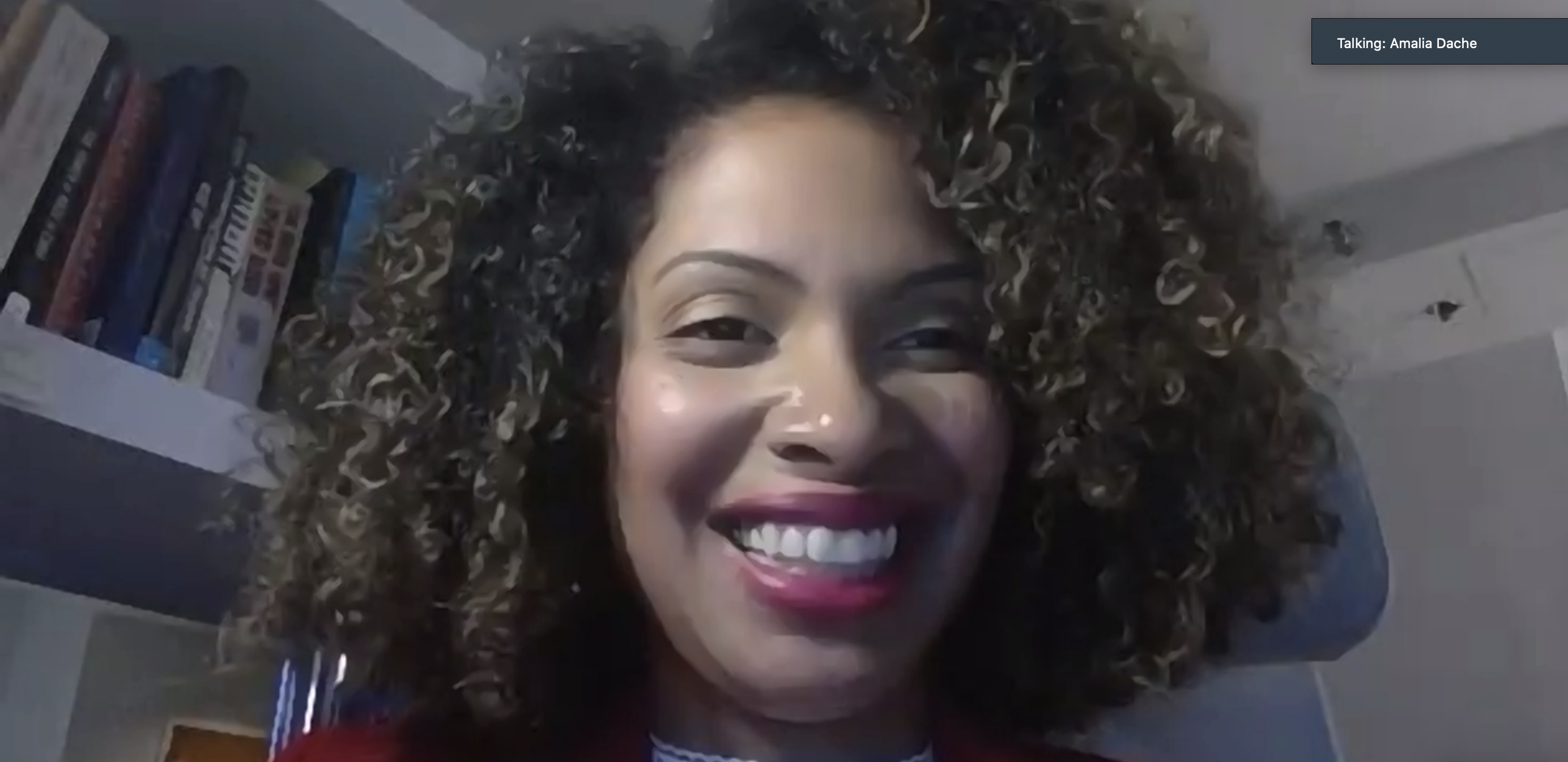Last Wednesday, over 100 UR alumni, faculty, staff, and community members attended the first monthly lecture and discussion series entitled REAL (Rochester’s Equity and Access Leadership) Conversations honoring Latinx/Hispanic Heritage Month.
According to an Alumni Relations email sent out to all registered alum, the virtual series “will focus on authentic discussions featuring brave and candid dialogues around equity, measurable action, and meaningful change.”
The first event — “Mapping College Access in Local and International Contexts” — was presented by the UR Office of Alumni Relations and Constituent Engagement, the Office of Equity and Inclusion, and the Diversity Advisory Council.
This event featured Dr. Amalia Z. Dache, an assistant professor at the University of Pennsylvania, Rochester native, and nationally recognized Afro-Cuban-American scholar.
During the presentation, Dache focused on her work in disparities in higher education, specifically within the local Rochester community.
At UR, Dache conducted her first research study on the spatial-racial factors of college access for residential communities living in Rochester. In 2014, the study was nationally recognized by the Association for the Study of Higher Education’s Bobby Wright Dissertation of the Year Award.
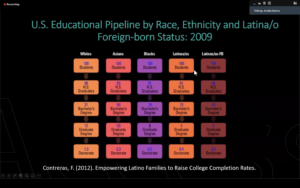
One of Dache’s presentation slides about the U.S. Educational Pipeline. Screenshot courtesy of Haven Worley.
One of the main components of the visual data presented was the U.S. Educational Pipeline for students of color. The presentation then shifted to the importance of Rochester’s — specifically Monroe County’s — historical context when looking at local residents from a contemporary perspective.
“It is evident that the Black and Latino population began to increase from the 1940s and 1970s, and the white population simultaneously began to decrease,” Dache said.
Additionally, Dache noted that in 2014, “about 41% of the city [was] African American and 16% [was] Latinx, while outside in the county […] 14% of residents [were] living below the poverty line.”
Through the results of her data, Dache coined the term “college oasis” — a concept where “you have more colleges in proximity in areas that are predominantly white and have higher incomes.”
In addition to looking at proximity, her research also focused on the spatial-racial relationships between institutions and the residents’ location.
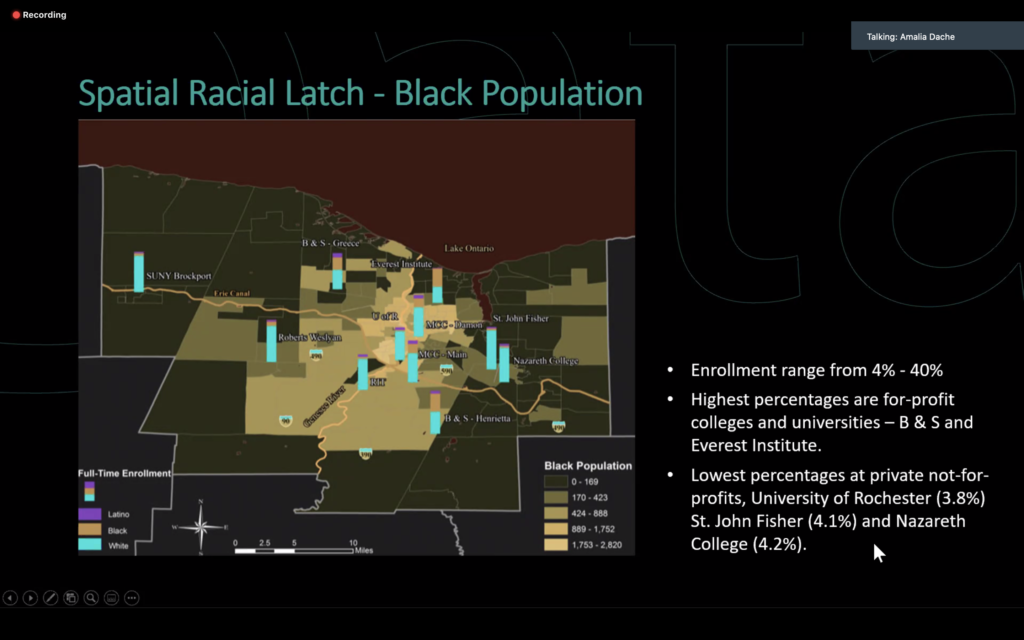
One of Dache’s presentation slides on the spatial-racial latch of the Black population. Screenshot courtesy of Haven Worley.
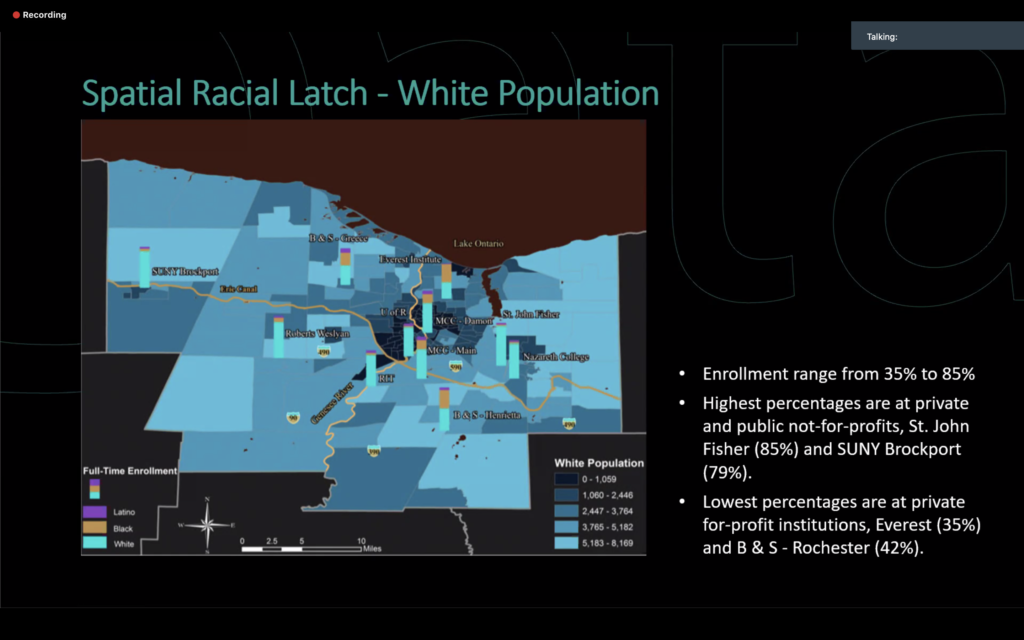
One of Dache’s presentation slides on the spatial-racial latch of the white population. Screenshot courtesy of Haven Worley.
“When you look at the enrollment at each institution and you look at the Black population, you can see that there’s very stark discrepancies,” Dache said.
According to Dache, another problem with college access was the lack of recruitment from local neighborhoods. “Nationally, most four-year universities are targeting out of state students for recruitment — so we’re not really looking in our backyard to recruit the students who live in neighborhoods that universities are in,” Dache said.
After Dache’s presentation, the participants went into breakout rooms to discuss questions guided by a facilitator. The facilitator or UR staff member took notes from each group.
Many facilitators discussed their group’s definition of community and the lack of recruitment of potential college students from local areas predominantly composed of Black and Latinx residents.
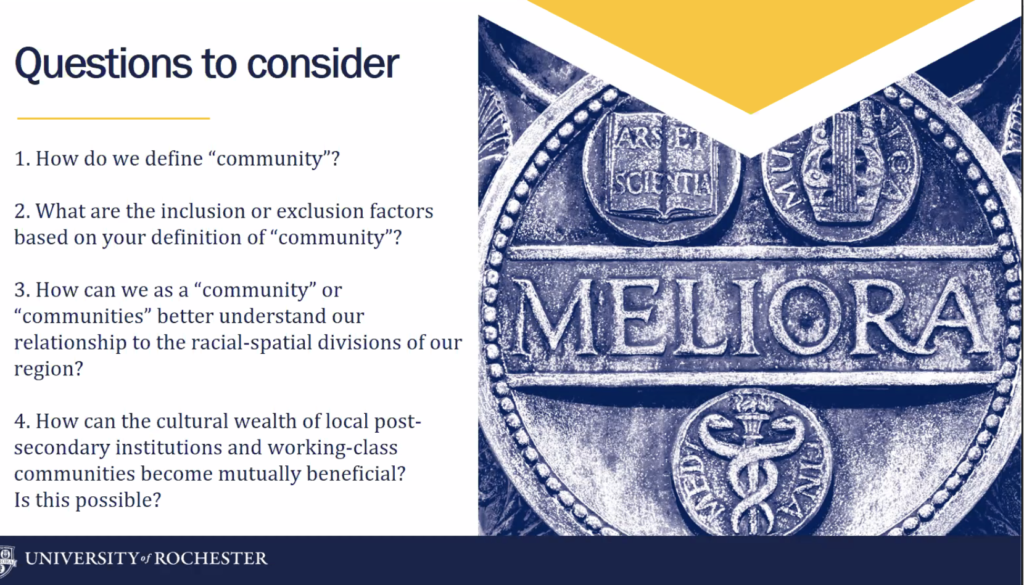
Questions the facilitators asked during the breakout room session. Screenshot courtesy of Haven Worley.
“We have these discourses about who do we see as college students [and] who do we see […] as criminals,” said Dache.
“This needs to be a priority of the University and it needs to be a constant effort,” UR Vice President for Graduate Education and Psychology professor Melissa Sturge Apple added on.
Similarly, many facilitators said there needs to be more conversations encouraged by the University between alumni, administration, and faculty.
“I doubt that many of us would have interacted with each other had we not been forced to in this Zoom setting,” Assistant Dean for School of Engineering and Applied Sciences Lisa Norwood said. “Whatever the Alumni Association can do to encourage cross-cultural communication […] may be the only way that we actually learn about one another and really understand what’s going on.”
According to faculty participants, the University is taking its first step in having conversations about local college access with virtual events similar to Dache’s presentation. But Dache says there are many concepts universities still need to grasp in order to make real change happen.
“I think that if we were able to conceptualize democratic merit with this representation component, we could be doing a much better job of serving our residents and the community members around us,” Dache said.
For those interested, read more about Dache’s research here.
Editor’s note (10/7/20): At his request, a quote by Damian Garcia was taken out of this article due to inaccuracy.
